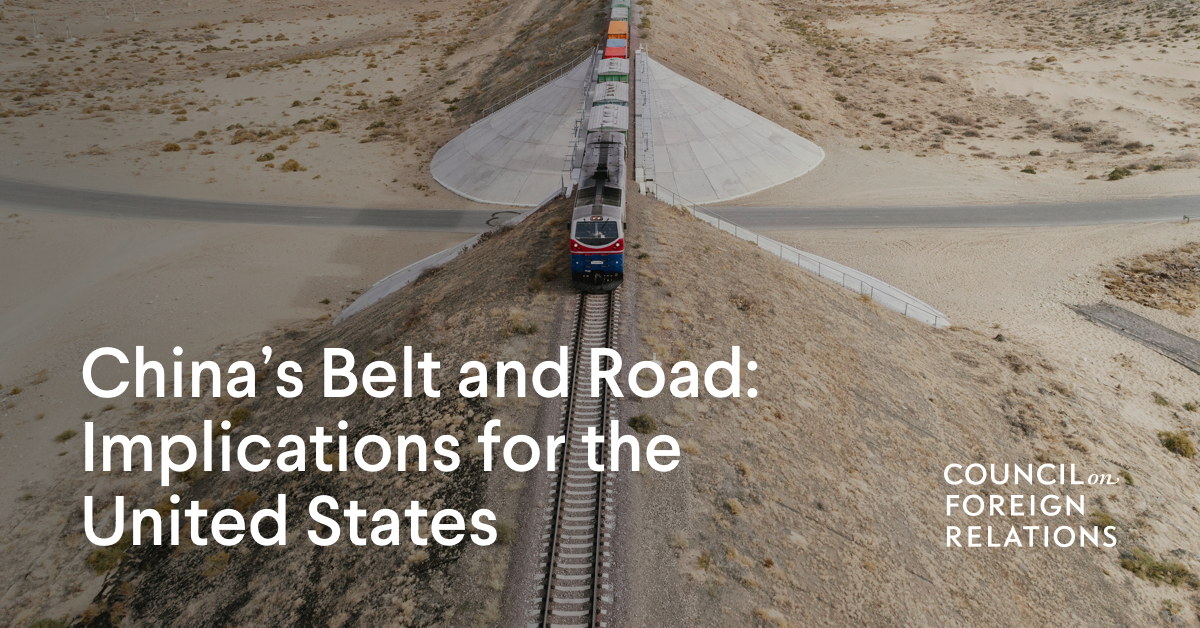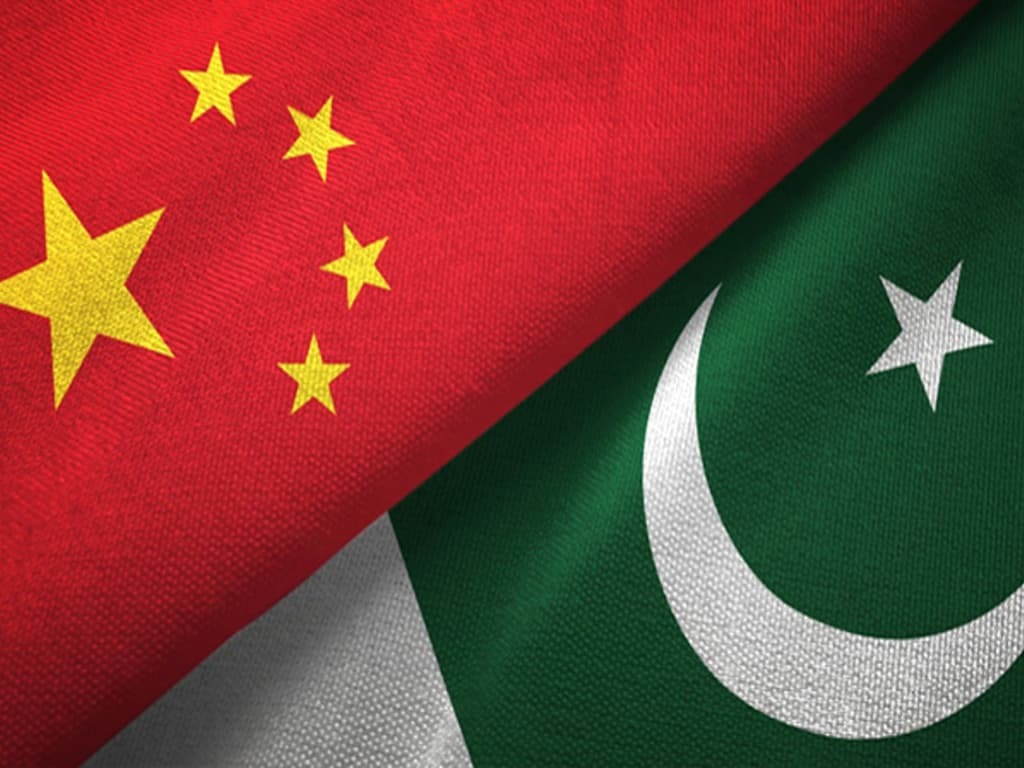Rs38bn Pak-China OFC Phase-II project: Delay in execution to result in escalation of cost
Tahir Amin
09 Nov 2021
ISLAMABAD: The military-run Special Communication Organization (SCO) has warned that the delay in execution of Pak-China Optic Fiber Cable (OFC) Phase-II project worth around Rs38 billion will result in escalation of cost along with other associated complications, it is learnt.
The scope of the project Pak-China OFC phase-II project under the China-Pakistan Economic Corridor (CPEC) is extension of OFC network to Karachi and Gwadar along the CPEC routes and establishment of landing station at Gwadar. The total cost of the project was estimated at $236.97 million (Rs37.91 billion) with completion time of four years. The total network length is 7,990km.
Documents available with
Business Recorder revealed that the project was approved by the ECNEC on January 21, 2021. Loan application under process with Chinese side for provision of 85 percent of project cost.
The government has not allocated any funds during the current fiscal year for undertaking pre-implementation formalities of project (hiring of consultancy services, survey and tendering etc).
The SCO has warned that delay in project execution will result in escalation of project cost with other associated complications.
The objectives of the project, which were: (i) to provide alternate path for international connectivity through northern border of Pakistan with China, (ii) to provide continuous and uninterrupted connectivity between northern and southern borders of the country by establishing multiple rings for secure and uninterrupted communication; (iii) to provide alternate route from Rawalpindi to Gwadar and Karachi along CPEC for provision of backbone media and ICT facilities all along the trade corridor routes besides meeting communication requirements of security forces employed for protection of sensitive trade route; (iii) to provide linkage at Gwadar and Karachi with the international submarine optical fiber cable systems by establishing a landing station at Gwadar and Karachi, and (iv) to become international gateway route for the voice/data traffic by providing connectivity between China and Central Asian States with Middle East, Africa, Europe and beyond, also linking neighbouring countries through direct connectivity.
The envisaged network would transform Pakistan to becoming Digital Gateway Hub of regional connectivity by establishment of IPX (Carrier Exchange).
Further it was envisaged an alternative path for international connectivity that would be established as a result of this project, thus ensuring continuous and uninterrupted communication globally.
Another main benefit would be that OFC will pass through those areas, which are hitherto remote and un-served.
Besides, it would facilitate in provision of high-speed broadband to the local population and thus gain access to tele-health, online education and other public and e-business services at their premises.
The international transit internet traffic will also pass through this OFC, thus, earning foreign exchange and contributing towards economic growth. This would also open up new business vistas and job opportunities in the country.
According to the Ministry of Planning, Development and Special Initiatives, the Central Development Working Party (CDWP) had recommended it with certain directions on December 2, 2020.
The phase-I of OFC project was inaugurated on July 13, 2018. The project is 820km long Optical Fibre Cable link between Rawalpindi and Khunjerab Pass on Pakistan-China border.
The military-run organisation has enlisted several challenges in carrying its operation obligations including funding/budgetary allocation for Pak-China OFC Phase-II, approval of the NGMS Phase-3 (revised) by the CDWP for growth on competitive environment.
It further stated that provision of services in Mainland-Sec 40 of PTRA, 1996 puts no bar on SCO operation in Mainland Pakistan specially in the FATA, and Balochistan.
The SCO was raised under Ministry of Defence with charter as of T&T department, later transfer to Ministry of Information Technology and Telecommunication.
The organization is working under Section 40 of Pakistan Telecommunication Re-organization Act (PTRA)-1996, which provides SCO exclusivity in Azad Jammu and Kashmir and Gilgit-Baltistan.
Moreover, the SCO also possesses telecom infrastructure provider license for Mainland Pakistan.
The revenue target of SCO for 2020-21 was Rs5.094 billion compared to Rs4.960 billion in 2019-20.
Copyright Business Recorder, 2021
ISLAMABAD: The military-run Special Communication Organization (SCO) has warned that the delay in execution of...
www.brecorder.com
CPEC | China-Pakistan Economic Corridor (CPEC) Official Website Develop By Ministry of Planning Development & Special Initiatives CPEC Authority 'P' block Pak-Secretariat, Islamabad,Pakistan. China-Pakistan Economic Corridor is a framework of regional connectivity. CPEC will not only benefit...

cpec.gov.pk












